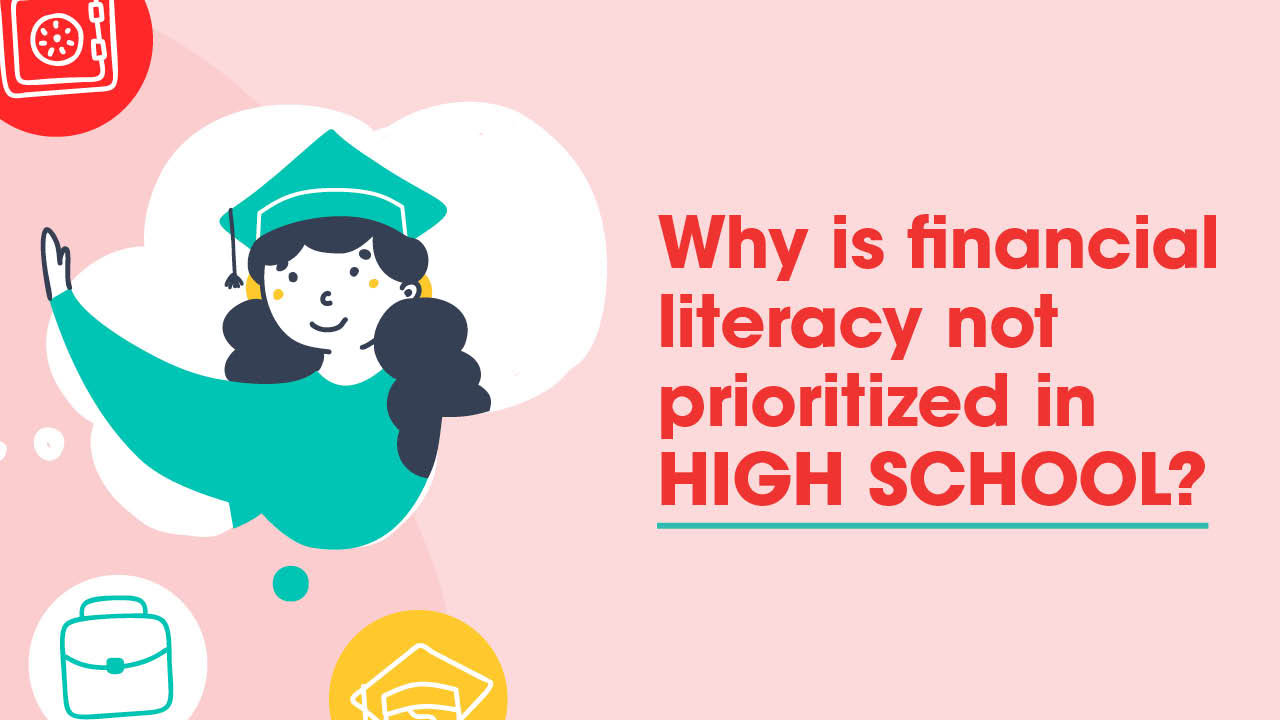Why is financial literacy not prioritized in high school?
 CREDIT: FSU PUBLICATIONS AND COMMUNICATIONS DEPARTMENT
CREDIT: FSU PUBLICATIONS AND COMMUNICATIONS DEPARTMENTHigh school is an essential part of life, where you learn all sorts of valuable subjects along with key skills like work ethic and how to learn. However, financial literacy seems to be overlooked by the curriculum. The wealthy and successful will tell kids to work hard and do well in school, but many will also say, “save your money or buy stocks.” People have been asking for years why high school did not teach them how to budget, how to invest or even how a credit card works. Money might not buy happiness, but financial stability is crucial for a less stressful life. Bud Finch is an investment counsellor at Royal Bank and he believes developing financial skills is paramount.
“I think it’s immensely important to be able to understand the inner workings of finances,” said Finch. “I think it’s interesting when people use the term skill, it’s often something that is acquired and you acquire skills through trial and error or experience.”
What Finch explained about skills is true and that is exactly what school was made to do. The definition of education is the act or process of imparting or acquiring general knowledge, developing the powers of reasoning and judgment, and generally of preparing oneself or others intellectually for mature life (dictionary.com). The keyword in the definition obviously being “acquiring” as Finch mentioned. So why is such an essential life skill ignored by secondary education?
Will Thibeault, a young investor currently attending Western University, is only a few years removed from high school and has used books, YouTube and conversations with a friend in banking to teach himself these critical skills. He has an interesting take on why high school did not offer him that knowledge.
“The one thing we can’t avoid is that one’s finances is a very subjective personal practice,” said Thibeault. Of course meaning that everyone’s financial situations are different. “It’s a matter of one’s personal taste and what they’re willing to expose themselves to…so it’s very hard to boil that down to a common criteria and teach how an individual should save and should invest, it’d be very hard to put that into a curriculum, I imagine.”
Maybe whoever designed the current high school curriculum considered the uniqueness of individual situations, however there are still many general elements of banking and investing that could still be taught in high school and they are not. High school business teacher Brian Dingman said he might know the answer as to why high schools no longer teach personal finance.
“I think if you go back 20 or 30 years, the high schools were teaching students some of those practical things like how to write cheques, how to come up with a personal budget, things about credit cards, banking, and I know when I first got into teaching, I taught a course that was geared towards [finances],” said Dingman. “Shortly thereafter though, the [Mike] Harris government came in provincially and re-did the curriculum for all of the schools and the thinking at that time was that they needed to focus more on technology.”
It’s hard to say if teaching students more about technology was the wrong call, but having it come at the expense of finances is where the issue lies. It might be something that can be learned on your own, but so is history, arts and technology. The one thing that stands true is whether you are a historian, an artist or a programmer, you will still have to handle your money. It’s time we prioritize financial skills in the curriculum.

















